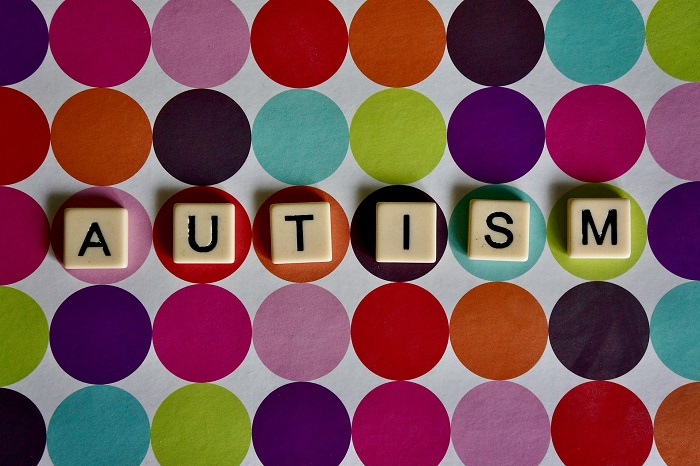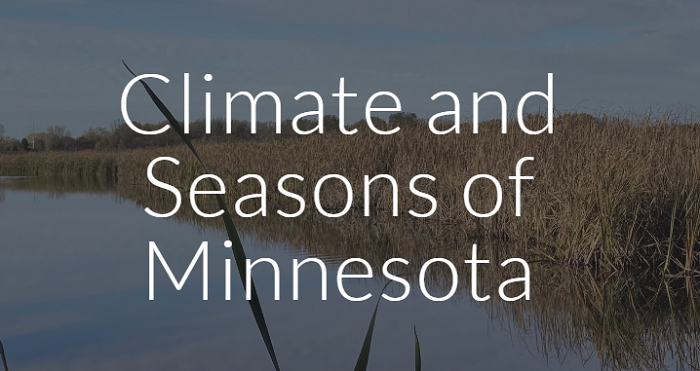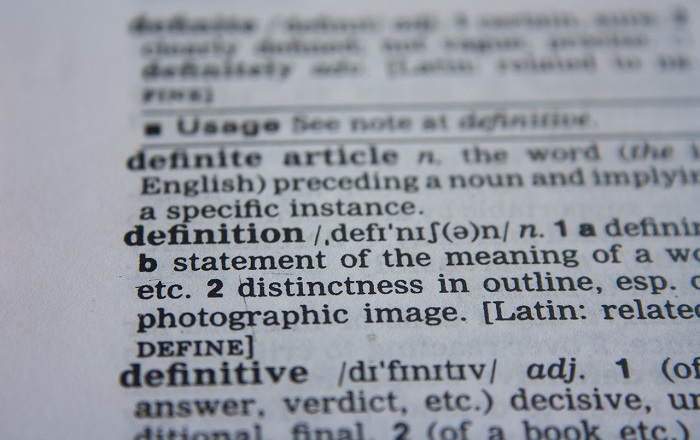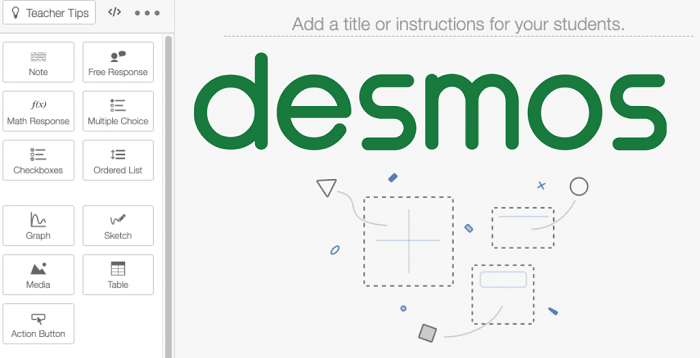Teaching Strategies
Recent Newsletter Articles

It’s Autism Acceptance Month
It is Autism Acceptance Month! A time of raising awareness and inclusivity of neurodiversity. Find out more and learn about strategies for working with students on the autism spectrum. Read More

Information/Media Literacy: More Important Than Ever!
Don't believe everything you read! Information is coming at our students at a very rapid pace from many different sources. With that in mind, it is more important than ever to give them the strategies and tools to effectively analyze and evaluate all of this data. Read More

CampGPT and AI Tools for Adult Educators
AI chatbots like ChatGPT or Claude can be powerful tools for busy adult educators. Although far from perfect, these tools can function as a sort of personal assistant who will help you prepare materials for the learners in your classes. Read More

Embedded Teaching: Application in a Science Lesson (Part 2)
This article, which wraps up a 2-part series, provides examples of Embedded Teaching activities in a lesson developed by Nature for New Minnesotans to introduce the concepts of weather and climate to adult English language learners. Read More

Teaching Essential Email Skills and Digital Resilience
We all agree that it's essential for adult learners to know the basics of how to send, read, and receive emails. But there are some other overlooked, yet essential digital skills we could also be teaching, including building learners' digital resilience and self-efficacy in digital spaces. Read More

ACES Updates: New Lesson Plans, TIF and Online Course
Check out all the recent updates in the realm of ACES (Academic, Career & Employability Skills)! Eighteen new standards-aligned ACES/TIF lesson plans are now available, along with an updated TIF (Transitions Integration Framework) and a new ACES/TIF Foundations course hosted on the Canvas platform. Read More

50 Shades of Meaning
Explicit vocabulary instruction can often be a neglected vein of ESL instruction. This article provides research-based, user-friendly ideas to grow students beyond a surface level knowledge of words to deeper vocabulary comprehension and usage. Read More

Desmos: Interactive and Engaging Online Instruction
At the start of my virtual instruction journey in 2020, I tried out several instructional tools to make my online synchronous instruction more engaging than a talking head and a PowerPoint. Desmos is the only one I’m still using three years later. Originally built for math instruction, Desmos is a virtual instructional tool that allows you, the teacher, to build interactive practice for students, accessible via a link or code, and lets you see each student’s work live as they are doing it. Read More

MCTM 2023 Spring Conference Highlight: Building Thinking Classrooms
In April, over 800 people gathered at the annual Minnesota Council for Teachers of Mathematics (MCTM) Spring Conference in Duluth. Adult Education had a strong presence this year! By far, the hot topic in everyone’s mind after the conference was Peter Liljedahl’s symposium and keynote on Building Thinking Classrooms. Read More

Using AI in Adult Ed
Imagine a world where artificial intelligence (AI) is writing the MN ABE Connect news articles.... Newsflash: we’re already here. Read on for an article about using AI in Adult Education... written by AI itself. Read More